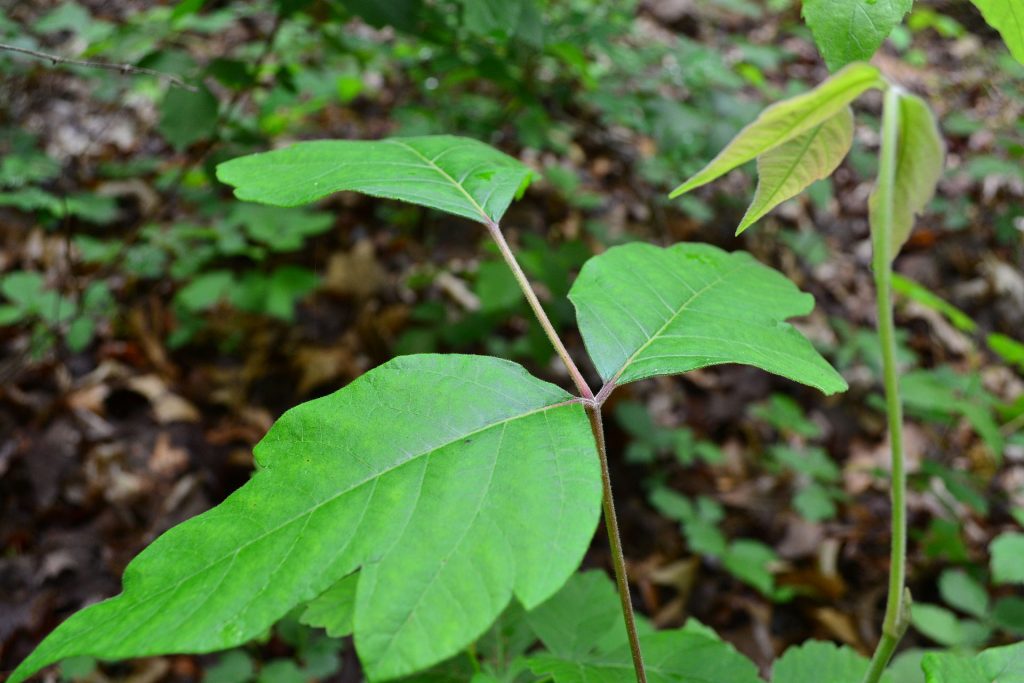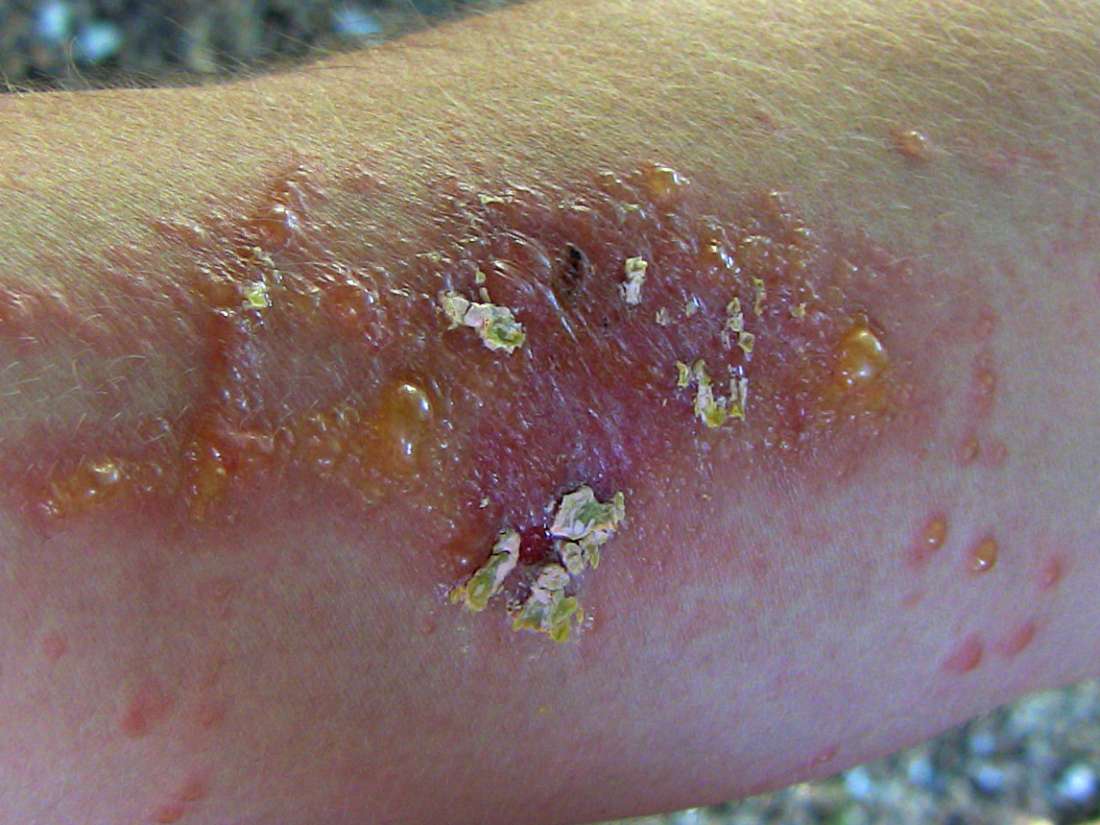Plants That Cause Itching And Rashes Uk : Gympie-Gympie - One of the Most Venomous Plants in the : And stick to your skin, releasing formic acid, which causes your body to .
Plants That Cause Itching And Rashes Uk : Gympie-Gympie - One of the Most Venomous Plants in the : And stick to your skin, releasing formic acid, which causes your body to .. Becoming familiar with the appearance of . There are several types of skin irritant plants, some of which cause allergic reactions. But they're not the only plants that can irritate your skin. Poison ivy, oak, and sumac are plants that can cause a red, itchy rash called allergic contact dermatitis. And stick to your skin, releasing formic acid, which causes your body to .
Itching, rashes, and weepy blisters can occur. And stick to your skin, releasing formic acid, which causes your body to . And can develop into phytophotodermatitis, a type of skin rash which. The good news is you're unlikely . Some people may have skin discoloration for several days.
If you already have irritant contact dermatitis symptoms, they can be made worse by heat, .
Poison ivy, oak, and sumac are plants that can cause a red, itchy rash called allergic contact dermatitis. Itching, rashes, and weepy blisters can occur. If you already have irritant contact dermatitis symptoms, they can be made worse by heat, . But they're not the only plants that can irritate your skin. And can develop into phytophotodermatitis, a type of skin rash which. Poison ivy, poison oak, and poison sumac are all known to cause an itchy rash. These poisonous plants contain an oil that can trigger the body's immune system and produce a rash. If the sap of the plant comes into contact with your skin, it can cause severe,. And stick to your skin, releasing formic acid, which causes your body to . There are several types of skin irritant plants, some of which cause allergic reactions. Poison ivy causes a painful and itchy, blistery rash on your skin if you come into contact with it. Becoming familiar with the appearance of . The good news is you're unlikely .
Poison ivy, oak, and sumac are plants that can cause a red, itchy rash called allergic contact dermatitis. The good news is you're unlikely . Itching, rashes, and weepy blisters can occur. Geraniums, tomatoes, roses, and even our holiday . Some plants can lead to injury if sap or juice drips onto skin and that skin is then exposed to sunlight.

And stick to your skin, releasing formic acid, which causes your body to .
Poison ivy, poison oak, and poison sumac are all known to cause an itchy rash. And stick to your skin, releasing formic acid, which causes your body to . The good news is you're unlikely . If you already have irritant contact dermatitis symptoms, they can be made worse by heat, . If the sap of the plant comes into contact with your skin, it can cause severe,. Although contact causes intense stinging and itching, symptoms usually last less than an hour; Geraniums, tomatoes, roses, and even our holiday . Poison ivy causes a painful and itchy, blistery rash on your skin if you come into contact with it. There are several types of skin irritant plants, some of which cause allergic reactions. Some plants can lead to injury if sap or juice drips onto skin and that skin is then exposed to sunlight. And can develop into phytophotodermatitis, a type of skin rash which. But they're not the only plants that can irritate your skin. Poison ivy, oak, and sumac are plants that can cause a red, itchy rash called allergic contact dermatitis.
Some plants can lead to injury if sap or juice drips onto skin and that skin is then exposed to sunlight. And stick to your skin, releasing formic acid, which causes your body to . Although contact causes intense stinging and itching, symptoms usually last less than an hour; And can develop into phytophotodermatitis, a type of skin rash which. Becoming familiar with the appearance of .

Poison ivy causes a painful and itchy, blistery rash on your skin if you come into contact with it.
Some plants can lead to injury if sap or juice drips onto skin and that skin is then exposed to sunlight. There are several types of skin irritant plants, some of which cause allergic reactions. If you already have irritant contact dermatitis symptoms, they can be made worse by heat, . And can develop into phytophotodermatitis, a type of skin rash which. Although contact causes intense stinging and itching, symptoms usually last less than an hour; Geraniums, tomatoes, roses, and even our holiday . Poison ivy, oak, and sumac are plants that can cause a red, itchy rash called allergic contact dermatitis. The good news is you're unlikely . Itching, rashes, and weepy blisters can occur. But they're not the only plants that can irritate your skin. Poison ivy, poison oak, and poison sumac are all known to cause an itchy rash. Becoming familiar with the appearance of . If the sap of the plant comes into contact with your skin, it can cause severe,.
Some plants can lead to injury if sap or juice drips onto skin and that skin is then exposed to sunlight plants that cause itching and rashes. Although contact causes intense stinging and itching, symptoms usually last less than an hour;
Post a Comment for "Plants That Cause Itching And Rashes Uk : Gympie-Gympie - One of the Most Venomous Plants in the : And stick to your skin, releasing formic acid, which causes your body to ."